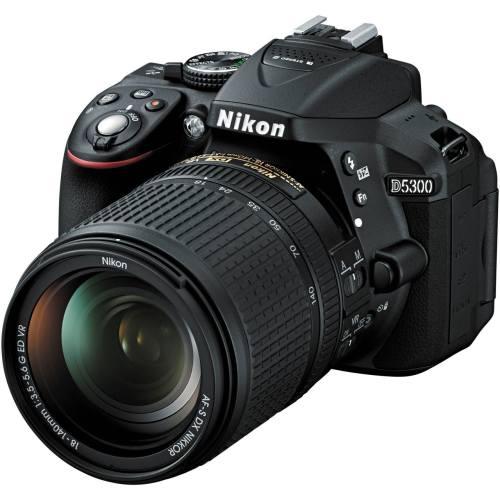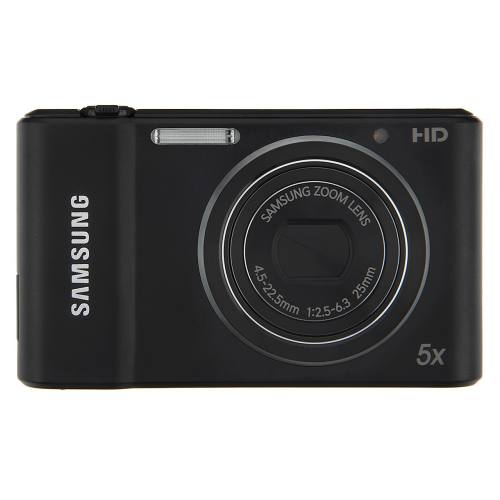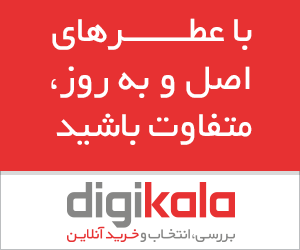English | ISBN: 3030222357 | 2020 | 393 Pages | PDF | 15 MB
This book presents a detailed pedagogical description of the 5G commercial wireless communication system design, from an end to end perspective. It compares and contrasts NR with LTE, and gives a concise and highly accessible description of the key technologies in the 5G physical layer, radio access network layer protocols and procedures. This book also illustrates how the 5G core and EPC is integrated into the radio access network, how virtualization and edge computer fundamentally change the way users interact with the network, as well as 5G spectrum issues.
This book is structured into six chapters. The first chapter reviews the use cases, requirements, and standardization organization and activities for 5G. These are 5G requirements and not NR specifically, as technology that meets the requirements, may be submitted to the ITU as 5G technology. This includes a set of Radio Access Technologies (RATs), consisting of NR and LTE; with each RAT meeting different aspects of the requirements. The second chapter describes the air interface of NR and LTE side by side. The basic aspects of LTE that NR builds upon are first described, followed by sections on the NR specific technologies, such as carrier/channel, spectrum/duplexing (including SUL), LTE/NR co-existence and new physical layer technologies (including waveform, Polar/LDPC codes, MIMO, and URLLC/mMTC). In all cases the enhancements made relative to LTE are made apparent.
The third chapter contains descriptions of NR procedures (IAM/Beam Management/Power control/HARQ), protocols (CP/UP/mobility, including grant-free), and RAN architecture. The fourth chapter includes a detailed discussion related to end-to-end system architecture, and the 5G Core (5GC), network slicing, service continuity, relation to EPC, network virtualization, and edge computing. The fifth and major chapter describes the ITU submission and how NR and LTE meet the 5G requirements in significant detail, from the rapporteur responsible for leading the preparation and evaluation, as well as some field trial results.
Engineers, computer scientists and professionals with a passing knowledge of 4G LTE and a comprehensive understanding of the end to end 5G commercial wireless system will find this book to be a valuable asset. Advanced-level students and researchers studying and working in communication engineering, who want to gain an understanding of the 5G system (as well as methodologies to evaluate features and technologies intended to supplement 5G) will also find this book to be a valuable resource.
این کتاب توضیحات مفصلی در زمینه آموزش سیستم ارتباطات بی سیم تجاری 5G ، از منظر انتهایی تا انتها ارائه می دهد. این NR را با LTE مقایسه و تضاد می کند ، و شرح مختصر و کاملاً در دسترس از فن آوری های کلیدی در لایه فیزیکی 5G ، پروتکل ها و رویه های لایه دسترسی به رادیو شبکه می دهد. این کتاب همچنین نشان می دهد که چگونه هسته 5G و EPC در شبکه دسترسی رادیویی ، چگونه مجازی سازی و لبه رایانه اساساً نحوه تعامل کاربران با شبکه و همچنین موضوعات طیف 5G را تغییر می دهد.
این کتاب در شش فصل ساخته شده است. در فصل اول موارد استفاده ، الزامات و سازمان استاندارد و فعالیتهای مربوط به 5G بررسی شده است. اینها 5G الزامات هستند و به طور خاص NR نیستند ، زیرا فناوری ای که شرایط را برآورده می کند ، ممکن است به عنوان فناوری 5G به ITU ارسال شود. این شامل مجموعه ای از فناوری دسترسی رادیویی (RAT) ، متشکل از NR و LTE است. با هر RAT جنبه های مختلف الزامات را ملاقات می کند. فصل دوم رابط هوایی NR و LTE را در کنار هم توصیف می کند. جنبه های اساسی LTE که NR بر پایه آن ایجاد می کند ، ابتدا شرح داده می شود و پس از آن بخش هایی در مورد فناوری های خاص NR مانند حامل / کانال ، طیف / مضاعف (از جمله SUL) ، همبستگی LTE / NR و فن آوری های جدید لایه فیزیکی (از جمله شکل موج) ، کدهای قطبی / LDPC ، MIMO ، و URLLC / mMTC). در تمام موارد ، پیشرفتهای ساخته شده نسبت به LTE آشکار است.
فصل سوم شامل توصیف روشهای NR (مدیریت IAM / پرتو / کنترل نیرو / HARQ) ، پروتکل ها (CP / UP / تحرک ، از جمله بدون کمک هزینه) و معماری RAN است. فصل چهارم شامل بحث مفصلی است که مربوط به معماری سیستم پایان به انتها ، و 5G Core (5GC) ، برش شبکه ، تداوم سرویس ، ارتباط با EPC ، مجازی سازی شبکه و محاسبات لبه است. در فصل پنجم و مهم ، ارائه ITU و چگونگی پاسخگویی NR و LTE به تفصیل قابل توجه الزامات 5G ، از گزارشگر مسئول رهبری تهیه و ارزیابی و همچنین برخی نتایج آزمایش میدانی توضیح داده شده است.
مهندسین ، دانشمندان رایانه و متخصصان با دانش گذرا از 4G LTE و درک کاملی از سیستم بی سیم تجاری پایان تا 5G ، این کتاب را به عنوان یک دارایی ارزشمند می یابند. دانش آموزان و محققان سطح پیشرفته که در مهندسی ارتباطات مشغول به کار هستند و می خواهند درکی از سیستم 5G (و همچنین روشهای ارزیابی ویژگیها و فناوریهای در نظر گرفته شده برای تکمیل 5G) کسب کنند ، نیز این کتاب را به عنوان یک منبع ارزشمند خواهند یافت.
برای تهیه این کتاب به آی دی تلگرام زیر پیام دهید.
















